Resources
All the latest updates, podcasts, tools, and online guides to help facilitate your computer science classroom experience, in-person or online.
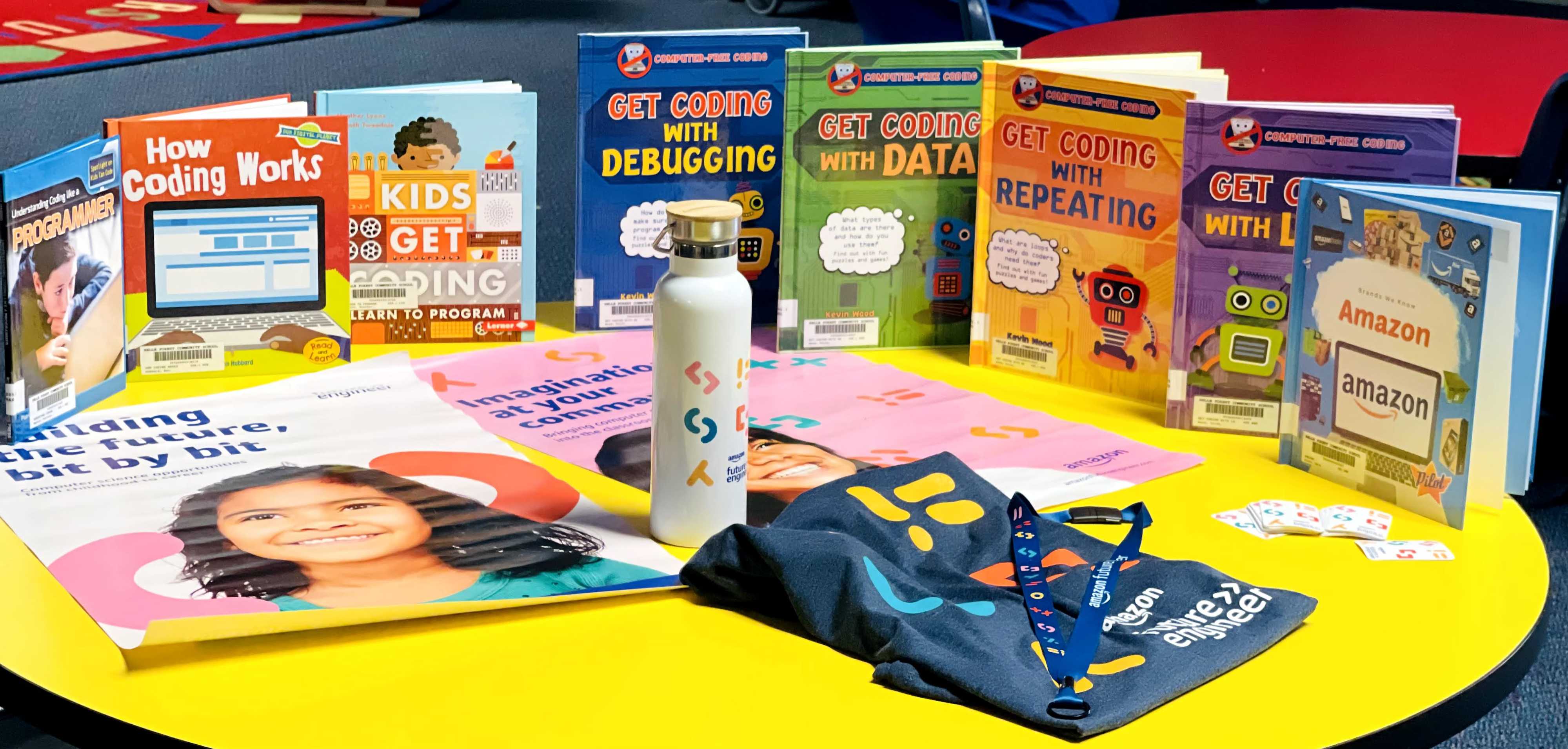
Becoming Lifelong Learners with Computer Science at Shelby County
Nestled within Memphis, Tennessee, lie three teachers creating safe and innovative spaces for their students to experiment with computer science and go beyond their regular routines. Thanks to the Support of BootUp PD, teachers at every level have been able to start their coding journey amidst the chaos of the 2020-2021 school year.
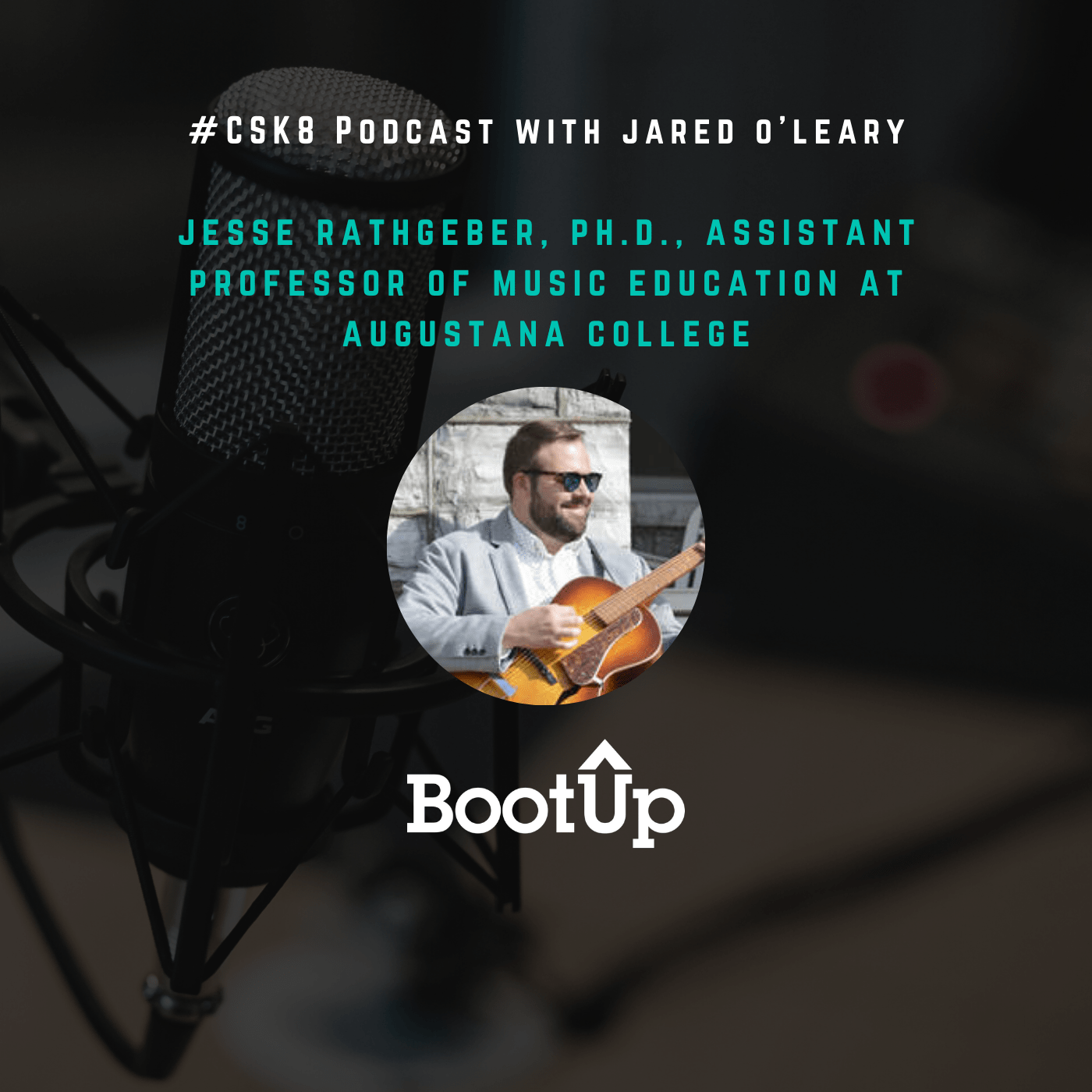
Exploring (Dis)Ability and Connecting with the Arts with Jesse Rathgeber
In this interview with Jesse Rathgeber, we discuss what educators should know about (dis)ability culture and research, person-first language vs identity-first language, suggestions for combating ableism through anti-ableist practices, how the arts and CS can come together and learn from each other (great for sharing with arts educators who might be interested in CS), and much more.
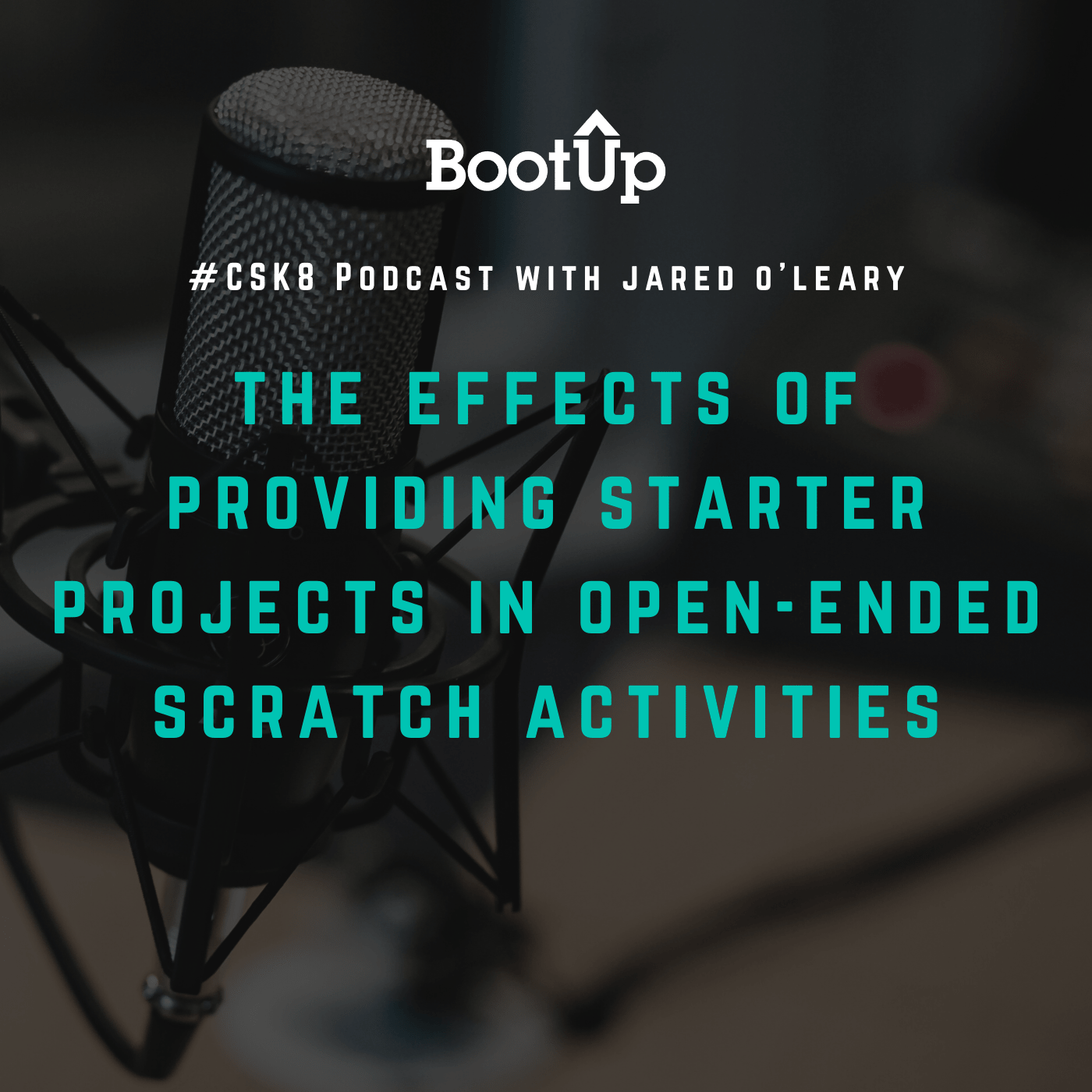
The effects of providing starter projects in open-ended Scratch activities
In this episode JarednO'Leary unpacks Coenraad et al.’s (2021) publication titled “The effects of providing starter projects in open-ended Scratch activities,” which compares two groups of students to determine the impact of Scratch starter projects on student creativity.
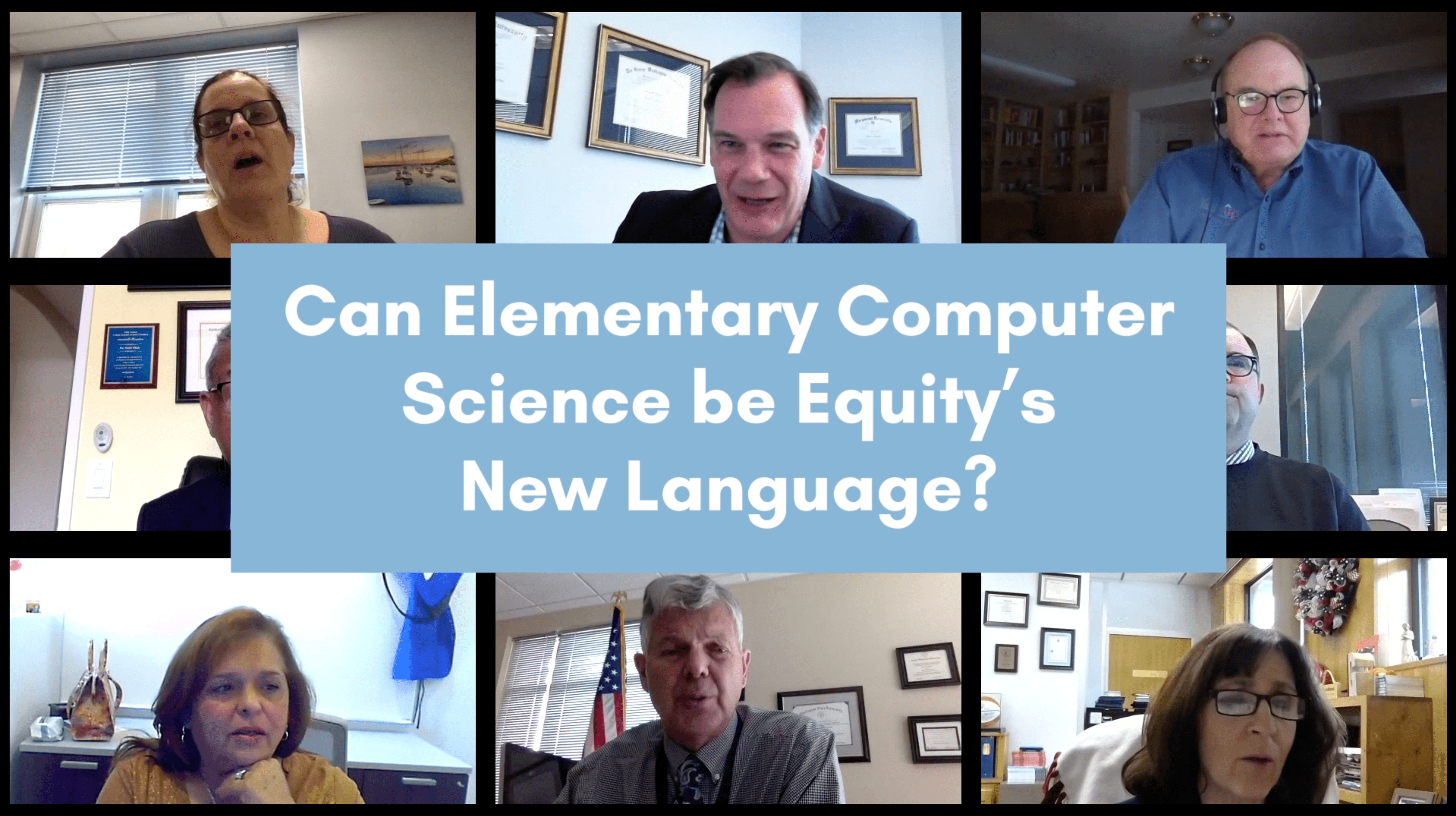
Can Computer Science Be Equity's New Language?
Last month, BootUp PD and the National School Board Association (NSBA) hosted a roundtable discussion posing that very question. Over 20 superintendents across the United States and Canada participated in the conversation. They openly reflected on the equity gaps in computer science and technology, strategies for integration, and the importance of ensuring fair access to all students while in the classroom and at home.
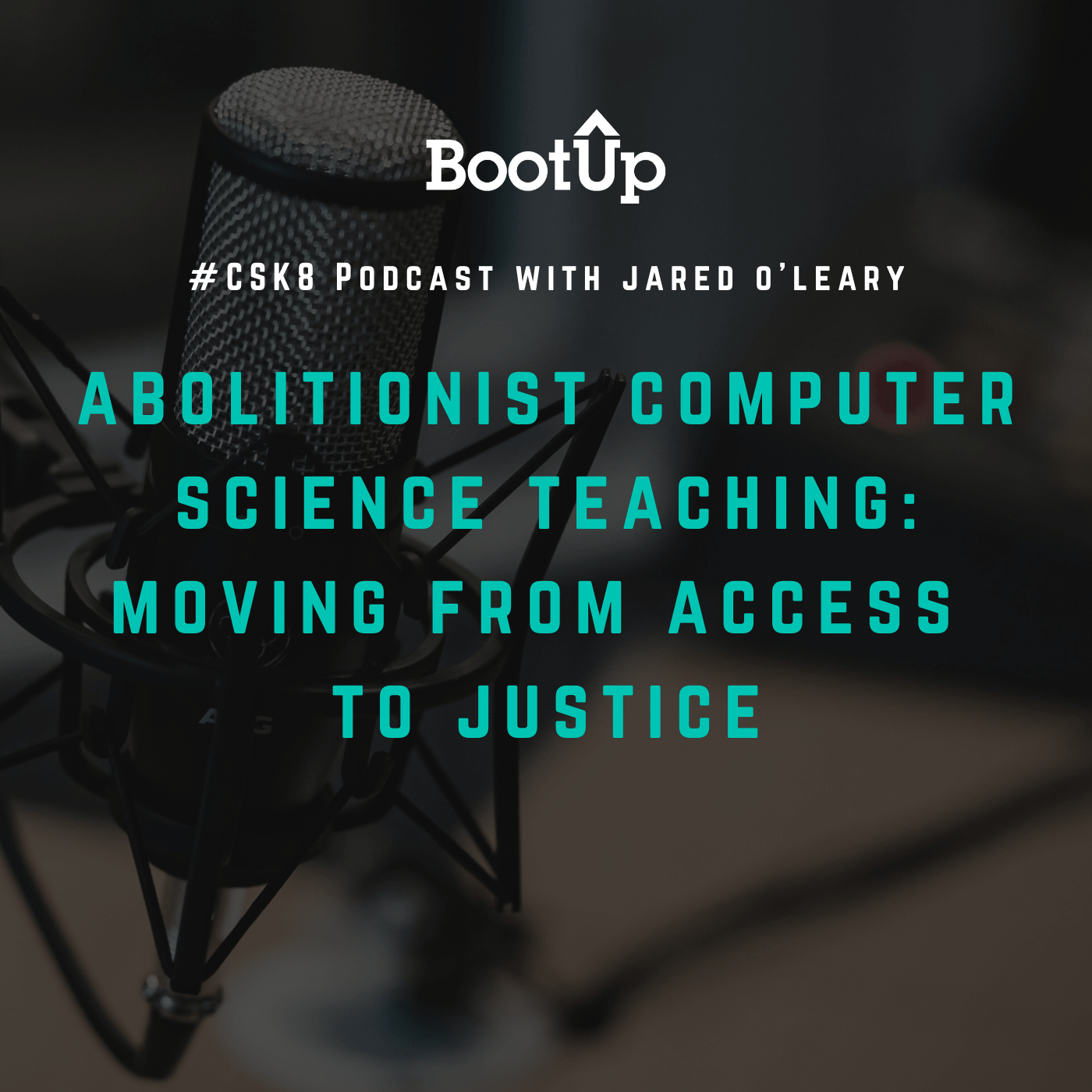
Abolitionist Computer Science Teaching
In this episode Jared O'Leary unpacks Ivey et al.’s (2021) publication titled “Abolitionist computer science teaching: Moving from access to justice,” which argues that the field of CS education can use abolitionist pedagogical practices to move from focusing on access to focusing on the full humanity of students.
Other Resources
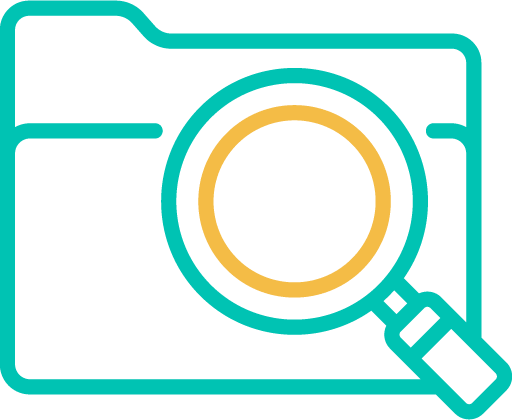
Integration Studios
In addition to the integration suggestions in our lesson plans and our discussion forum, our Scratch account has several studios that demonstrate the potential for integrating projects with Scratch.
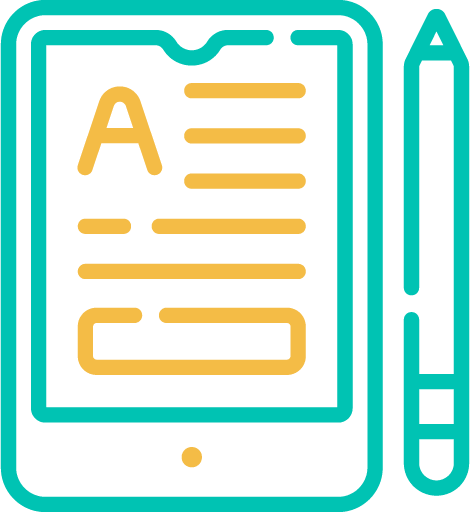
Complete List of Lesson Plans
Use this document to quickly access all of our ScratchJr and Scratch lesson plans and coder resources.
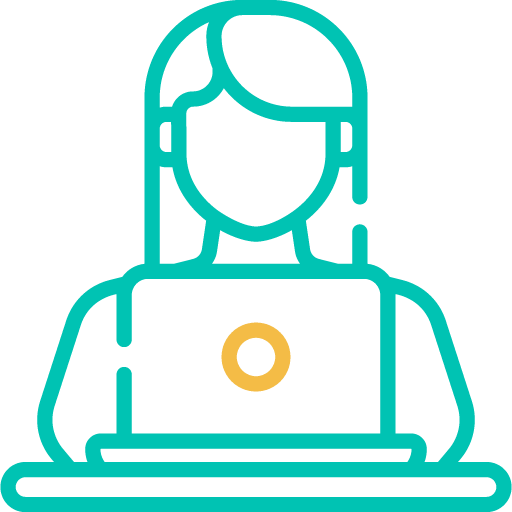
Unplugged Resources
This spreadsheet is a curated list of more than 100 unplugged lesson plans and resources for elementary coders.
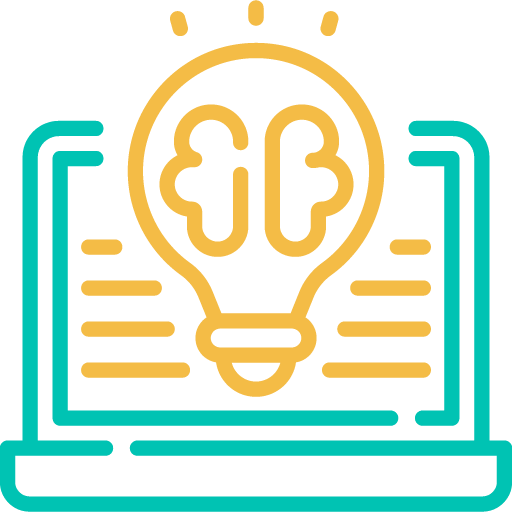
Remote Learning Resources
We’ve compiled some resources to help districts, teachers, and families cope with the rise of school closures around the nation.
